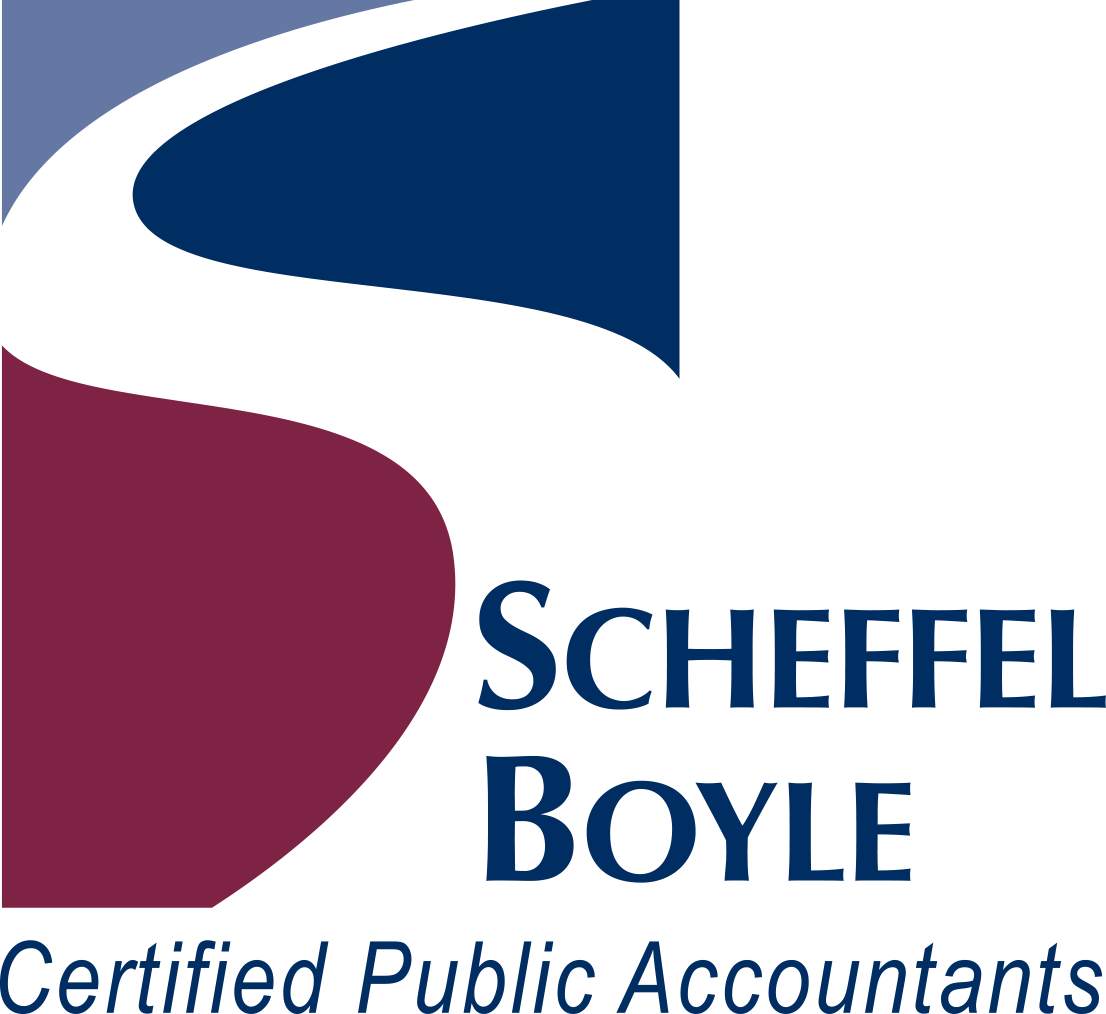When is Bartering Taxable?
Although usually less dusty, these types of transactions continue to occur in today’s high-tech modern world. In fact, it’s not unusual for small businesses — especially start-ups that are short on capital — to exchange goods or services instead of cash.
For example, a microbrewery might ask the graphic designer across the street to design its logo in exchange for several cases of beer. Contrary to popular belief, these bartering transactions are taxable. In this case, the graphic design company would be required to include the fair market value of the beer in its gross income.
Granted, an informal transaction like this may fly under the IRS’s radar. But business owners who engage in bartering should know that the value of products or services involved in these kinds of deals is generally considered taxable income. (And this is true even if you’re not a business.)
Companies involved in bartering may be required to file Form 1099-MISC. The penalties for failure to file can be harsh. Also, if you use a barter exchange to broker trades with other businesses, the exchange is required to report the proceeds on Form 1099-B. Contact us for further details.



